- Your cart is empty
- Continue Shopping
Tenali Tablet – Complete Guide
Tenali Tablet is a prescription medication for managing type 2 diabetes mellitus. It works best when combined with a balanced diet and regular physical activity to control blood sugar levels, reducing the risk of serious complications such as kidney damage, nerve disorders, and vision problems. This medicine is usually recommended when lifestyle changes or other medications alone are not sufficient to maintain healthy glucose levels.
Key Uses of Tenali Tablet
-
Management of type 2 diabetes mellitus
-
Support for stable blood sugar control
-
Prevention of long-term diabetes-related complications
Benefits of Tenali Tablet
Type 2 diabetes occurs when the body either does not produce enough insulin or becomes resistant to it, causing elevated blood sugar levels. Tenali Tablet helps regulate glucose by increasing insulin release from the pancreas and reducing hormones that raise blood sugar. Consistent use helps maintain fasting and post-meal sugar levels, lowering the risk of heart disease, kidney issues, and nerve damage. By supporting better blood sugar control, Tenali Tablet contributes to overall health and quality of life.
Common Side Effects
Most side effects are mild and usually resolve as your body adjusts. Consult your doctor if they persist: headache, increased body temperature, constipation, hypoglycemia (low blood sugar), dizziness, and diarrhea. Recognizing hypoglycemia symptoms—such as sweating, lightheadedness, or fainting—is important. Keep glucose or sugar tablets handy to manage low blood sugar if needed.
How to Take Tenali Tablet
Take the medicine exactly as prescribed by your doctor. Swallow tablets whole; do not chew, crush, or break. It can be taken with or without food, but taking it at the same time each day ensures consistent blood sugar control.
How Tenali Tablet Works
Tenali Tablet enhances insulin secretion from the pancreas while suppressing glucose-producing hormones. This dual action helps maintain stable blood sugar levels throughout the day, improving glucose regulation and supporting overall metabolic health.
Safety Information & Precautions
Alcohol: Unsafe; may increase risk of low blood sugar.
Pregnancy: Consult your doctor; limited data suggests potential risks to the developing baby.
Breastfeeding: Consult your doctor; the medicine may pass into breast milk.
Driving: May affect concentration if blood sugar is too low or high; avoid driving under these conditions.
Kidney Conditions: Safe if prescribed; no dose adjustment required for mild or moderate kidney disease.
Liver Conditions: Safe if prescribed; dose adjustment usually not required.
Missed Dose: Take as soon as possible. If near the next dose, skip the missed one. Do not double the dose.
Vendor Information
- Address:
- No ratings found yet!





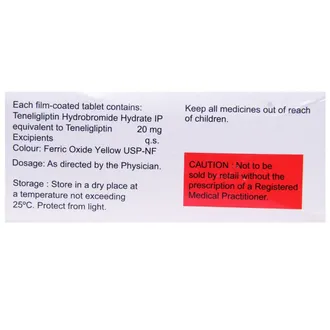

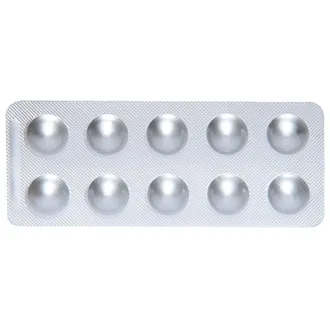
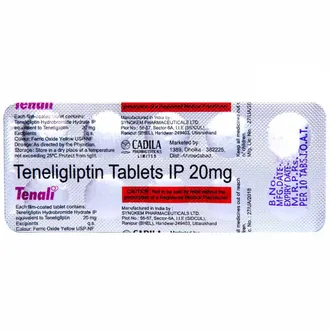


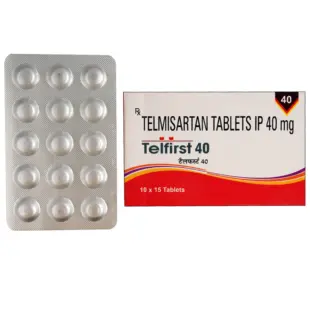




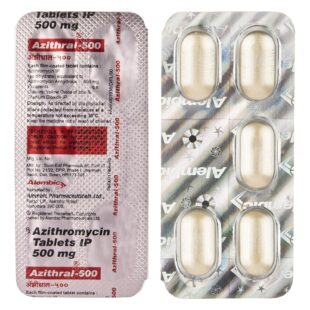
Reviews
There are no reviews yet.